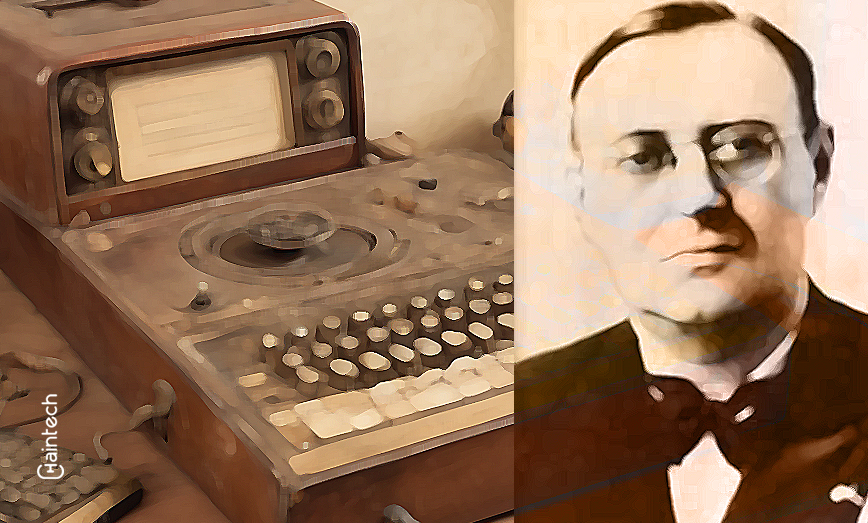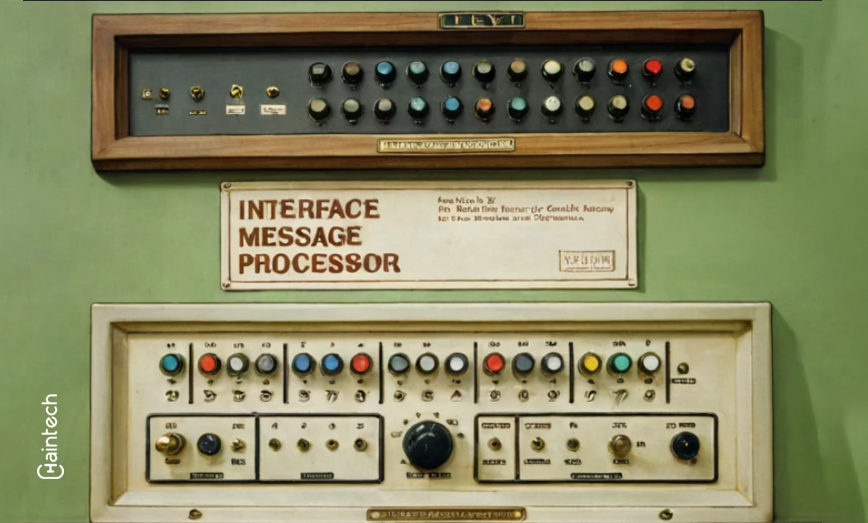Tale of 1940: The Tech Wizardry of WWII’s Unsung Ethical Hacker

Unmasking the Tech Hero of WWII
In the darkest days of World War II, amidst the Nazi occupation of France, a hero emerged from an unexpected realm – the world of punch-card computers. Meet René Carmille, the unsung pioneer often hailed as the “first ethical hacker.” This blog unveils the gripping tale of how a tech genius turned the tables on the Nazis, saving thousands of lives through an ingenious act of ethical hacking.
Tech in the Time of Oppression
René Carmille, a loyal public servant in both Republican and Vichy France, emerged as a keen advocate for utilizing data in the service of the state. His expertise positioned him as a pivotal figure in the era of industrial rationalization and the expansion of bureaucracies and military organizations, all driven by the imperative need for accessible information.
As one of the key public employees pioneering the introduction of national registers, Carmille played a significant role in the workings of the national demographic and statistical office during Vichy’s regime. His notable contribution included overseeing a national census, reflecting the evolving landscape of data management during those tumultuous times.
Yet, Carmille’s story took a remarkable turn against this backdrop of bureaucratic duty. In the shadows of Nazi-occupied France, the stage was set for an extraordinary act of bravery. Punch-card machines, once harmless tools, had been twisted into instruments of persecution to target Jewish citizens. At the heart of this sinister plan stood René Carmille, who was also a dedicated member of the Resistance. His mission? To navigate the intricate web of deceit woven by the Nazis, managing the very machines that the Nazis intended to use for persecution.

Carmille’s Ingenious Strategy
Faced with a moral dilemma that echoed through the dark corridors of Nazi-occupied France, René Carmille, took a bold step. Rather than succumbing to the oppressive regime, he embarked on a brave journey of ethical hacking, a secret operation aimed at disrupting the evil plans of the Nazis.
Intriguingly, Carmille’s method of hacking was not rooted in rewriting code or introducing vulnerabilities but similar to a form of sabotage, strategically throwing a bureaucratic wrench into the well-oiled machine. The punch-card machines, initially a tool for administrative efficiency, became instruments of salvation under Carmille’s hands.
Carmille and his team of double-agents worked in tandem, countering the swift collaboration between IBM and the Nazis. The goal was to manipulate the very data the Nazis sought to exploit, preventing the accurate labeling of individuals as Jewish. As IBM facilitated the Nazis in using punch-card computer systems to update census data for the purpose of locating and rounding up Jewish citizens, Carmille and his team worked tirelessly to introduce delays and mishandling of punch cards, throwing a spanner into the works.
Over the course of two years, Carmille and his team purposefully delayed processes by mishandling punch cards and executed a form of hacking by reprogramming the machines. The pivotal move was made to ensure the machines would never punch information from Column 11, a crucial identifier of religion, onto any census card. This meticulous work of identification and exploitation of a system vulnerability ultimately saved thousands of Jews from being rounded up and deported to death camps.
The High Cost of Heroism
Carmille’s hack was a masterpiece of subtlety and calculation. For two years, he skillfully maintained the deception that the punch-card machines were functioning normally, all while undermining the Nazi tracking system. His act of rebellion remained unnoticed, as he convincingly played ignorant about the malfunctioning machines.
However, on discovering Carmille’s actions, the Nazis apprehended him, leading to severe punishment and his tragic demise at Dachau concentration camp in 1944.
Other Tech Mavericks of WWII
1. Adolfo Kaminsky
Adolfo Kaminsky, an Argentine Jew in France, used his chemical expertise to forge documents that helped save Jews from deportation. He skillfully replicated authentic-looking passports without the identifying “Jew” stamp, allowing many individuals to escape Nazi persecution. Kaminsky’s mastery of forgery assisted underground organizations by providing fake identification papers and crucial travel aids, underscoring how hacking can manifest in diverse ways to resist oppression.
2. The Kasharyiot
The Kasharyiot, young female couriers, demonstrated that hacking extends beyond digital realms. Operating within Nazi-occupied territories, these couriers utilized social engineering and strategic intelligence gathering to smuggle essential supplies, information, and even people in and out of ghettos. Their actions were instrumental in aiding Jewish resistance efforts and highlighting how unconventional methods of hacking can serve as powerful tools for resistance.
3. Walter Süskind
Walter Süskind, a German Jew, manipulated his position as a theater manager to rescue over 600 Jewish children from death camps. He strategically altered records, forged relationships with SS officers, and used his privileged access to undermine Nazi efforts. Süskind’s actions showcase how exploiting systems from within can have a significant impact on saving lives and resisting oppression.
Hacking For Good
Carmille’s story raises profound ethical questions. He knowingly risked his life to preserve others, showcasing the positive impact ethical hackers can have on society. This tale of bravery underscores the ethical implications of using hacking skills to resist tyranny, emphasizing the potential for tech experts to stand up against injustice.
Drawing parallels to the present, this blog encourages the tech industry to prioritize ethics in product design. By offering users greater control over their data, software engineers can contribute to resistance efforts against potential abuses of power. Modern-day hacking for the greater good involves implementing privacy-centric practices and ensuring data security.
Carmille’s Inspiring Legacy
René Carmille’s legacy as the first ethical hacker during Nazi-occupied France serves as a testament to the power of hacking skills in safeguarding human lives. His selfless actions highlight the potential for individuals with technical expertise to mitigate harm and protect vulnerable populations, even in the face of grave personal danger. With this blog, we aim to shine a light on Carmille’s extraordinary contributions, inspiring the cybersecurity community to prioritize ethical considerations in their work.









